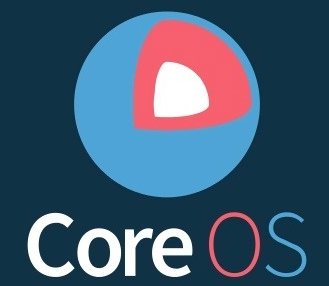Red Hat Buys Container Startup CoreOS

Red Hat is expanding its push into the nascent micro-services and container orchestration sector with the acquisition of plucky startup CoreOS.
The acquisition announced Tuesday (Jan. 30) is valued at $250 million, underscoring the soaring market valuations for open-source innovators in the expanding micro-services segment. Since its founding in 2013, San Francisco-based CoreOS has gone toe-to-toe with container leader Docker as it charted a course for bringing Linux-based container technology to the enterprise.
Red Hat said it would combine the startup's Kubernetes container orchestration capabilities with its existing portfolio of OpenShift and other hybrid cloud platforms aimed at delivering cloud-native application workloads.
The acquisition gives Red Hat an enterprise-grade Kubernetes platform dubbed Tectonic designed to automate operations between private and public clouds. CoreOS also had rolled out a container registry called Quay along with a distributed data store for Kubernetes. It recently donated its application container engine called rkt to the Cloud Native Computing Foundation.
"The next era of technology is being driven by container-based applications that span multi- and hybrid cloud environments, including physical, virtual, private cloud and public cloud platforms," said Paul Cormier, Red Hat's president of products and technologies.
"Kubernetes, containers and Linux are at the heart of this transformation, and, like Red Hat, CoreOS has been a leader in both the upstream open source communities that are fueling these innovations and its work to bring enterprise-grade Kubernetes to customers," Cormier added. "We believe this acquisition cements Red Hat as a cornerstone of hybrid cloud and modern app deployments."
Red Hat and CoreOS have collaborated on open source projects over the past five years. The acquisition "is aimed at making important containers and distributed systems technology ubiquitous in business, as well as the world," CoreOS CEO Alex Polvi tweeted.
Industry reaction to the deal was positive. Craig McLuckie, a co-developer of Kubernetes while at Google (NASDAQ: GOOGL) and CEO of Kubernetes startup Heptio, called the acquisition "a great outcome for both parties."
Also on Twitter, Chris Aniszczyk of the Cloud Native Computing Foundation said the deal was a "great match."
Red Hat said it expects the transaction to close by the end of January with no material impact on the company's quarterly fiscal guidance. The company's fiscal fourth quarter ends on Feb. 28.
The CoreOS acquisition is the latest in a series by Red Hat (NYSE: RHT), which acquired San Francisco-based Codenvy last May. The startup was launched in 2013 to develop an enterprise version of the open source Eclipse Che framework, a cloud-native integrated development environment. Red Hat is folding the Codenvy's cloud-native development into its hosted development environment for building hybrid cloud services called OpenShift.io.
Last August, Red Hat acquired cloud storage specialist Permabit Technology Corp., adding its data de-duplication and compression capabilities to its mainstay enterprise Linux platform along with its hybrid could offerings.
The current buying spree starting with Red Hat's October 2015 deal for IT automation and DevOps specialist Ansible.
Related
George Leopold has written about science and technology for more than 30 years, focusing on electronics and aerospace technology. He previously served as executive editor of Electronic Engineering Times. Leopold is the author of "Calculated Risk: The Supersonic Life and Times of Gus Grissom" (Purdue University Press, 2016).










